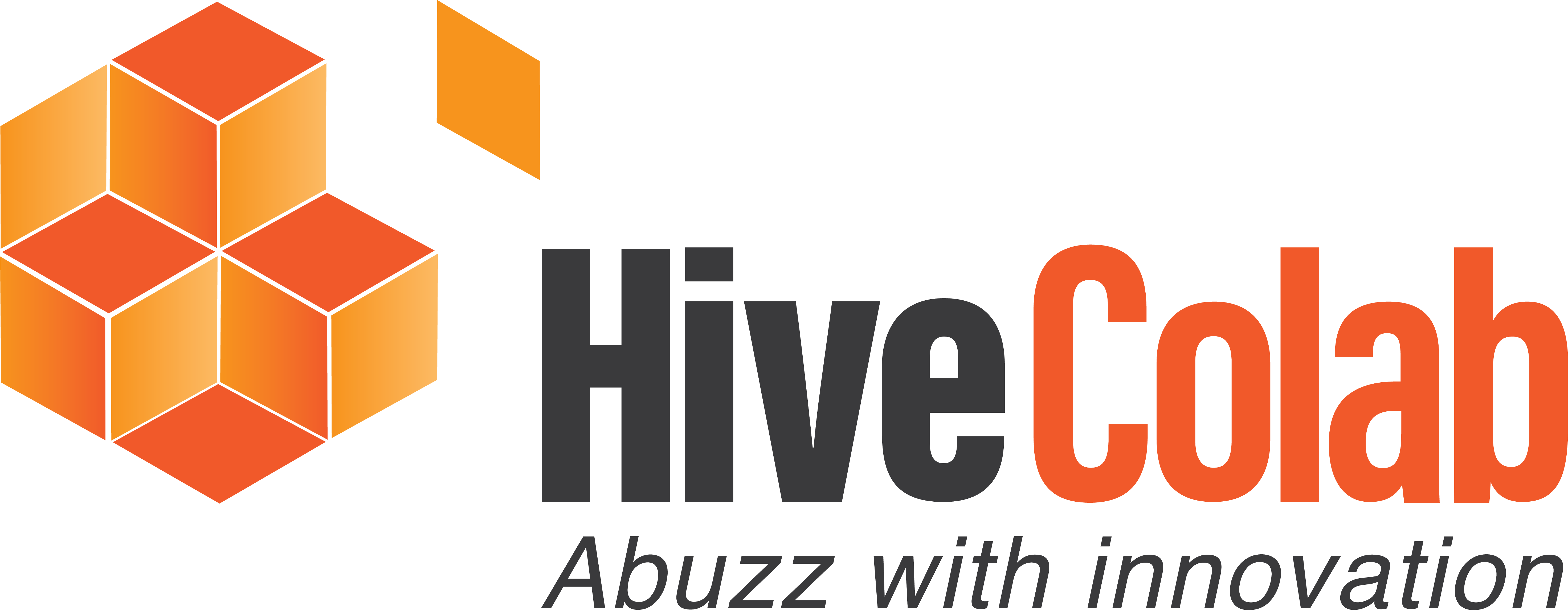Unlocking Digital Empowerment: Bridging the Gap through Rural Digital Literacy
In today's digital age, access to technology and digital literacy skills are crucial for marginalized communities in rural Uganda. Recognizing this need, NITA Uganda, UNCDF, and Hive Colab have collaborated to develop a comprehensive toolkit aimed at empowering individuals, including women, men, youth, smallholder farmers, and refugees. This toolkit equips them with the necessary knowledge and skills to become confident digital citizens, capable of navigating the digital landscape effectively and responsibly.
Digital literacy is essential in a technology-driven world, enabling individuals to access information, stay informed, and actively participate in digital realms. The toolkit addresses this by providing modules that cover basic skills necessary to interact with devices and the digital world. It also emphasizes internet safety and responsible online behavior, protecting users from cyberbullying, scams, and malware.
Additionally, the toolkit recognizes the importance of digital financial literacy (DFL) and promotes understanding of digital financial services (DFS). By enhancing DFL, individuals gain the confidence to access and utilize digital financial services securely. This empowers them to engage in financial transactions, access credit facilities, and navigate digital finance responsibly.
The toolkit's structure consists of five modules, catering to different levels of proficiency. The initial modules focus on foundational skills, while the later modules delve into more advanced concepts related to digital financial services. This progressive approach ensures users can develop their skills and fully utilize the benefits of digital finance.
To ensure the toolkit addresses the specific needs of the target audience, a collaborative and iterative co-creation process was employed, involving rural users as key stakeholders. This participatory approach guarantees that the toolkit effectively addresses the challenges faced by the community.
NITA Uganda, UNCDF, and Hive Colab have made significant contributions to bridging the digital literacy gender gap in Uganda through their collaborative efforts. Their two-year digital literacy project aims to train 90,000 women and youth in digital literacy and digital financial literacy in five districts. By focusing on mobile phone usage, online safety, and mobile money transactions, they empower individuals to participate in the digital economy.
The project's commitment to leaving no one behind in the digital era is commendable. They provide training, resources, and support to vulnerable communities, including refugees, ensuring they can also benefit from digital inclusion. Their goal of reaching 1 million people by 2024 showcases their dedication to creating a sustainable digital multiplier effect.
Furthermore, their advocacy for policy improvements, such as extending network infrastructure and promoting rural electrification, demonstrates a holistic approach towards enabling digital inclusion for all. These efforts are instrumental in empowering individuals and fostering a more equitable and accessible digital society in Uganda.
In conclusion, the comprehensive toolkit developed by NITA Uganda, UNCDF, and Hive Colab herein The Uganda Digital & Financial Literacy ToolKit represents a significant step towards bridging the digital and financial literacy gap in rural Uganda. By empowering individuals with the necessary skills, it enables them to fully participate in the digital revolution. Through their collective efforts, rural communities in Uganda can embrace digital inclusion, driving progress and improving lives in the digital era.
